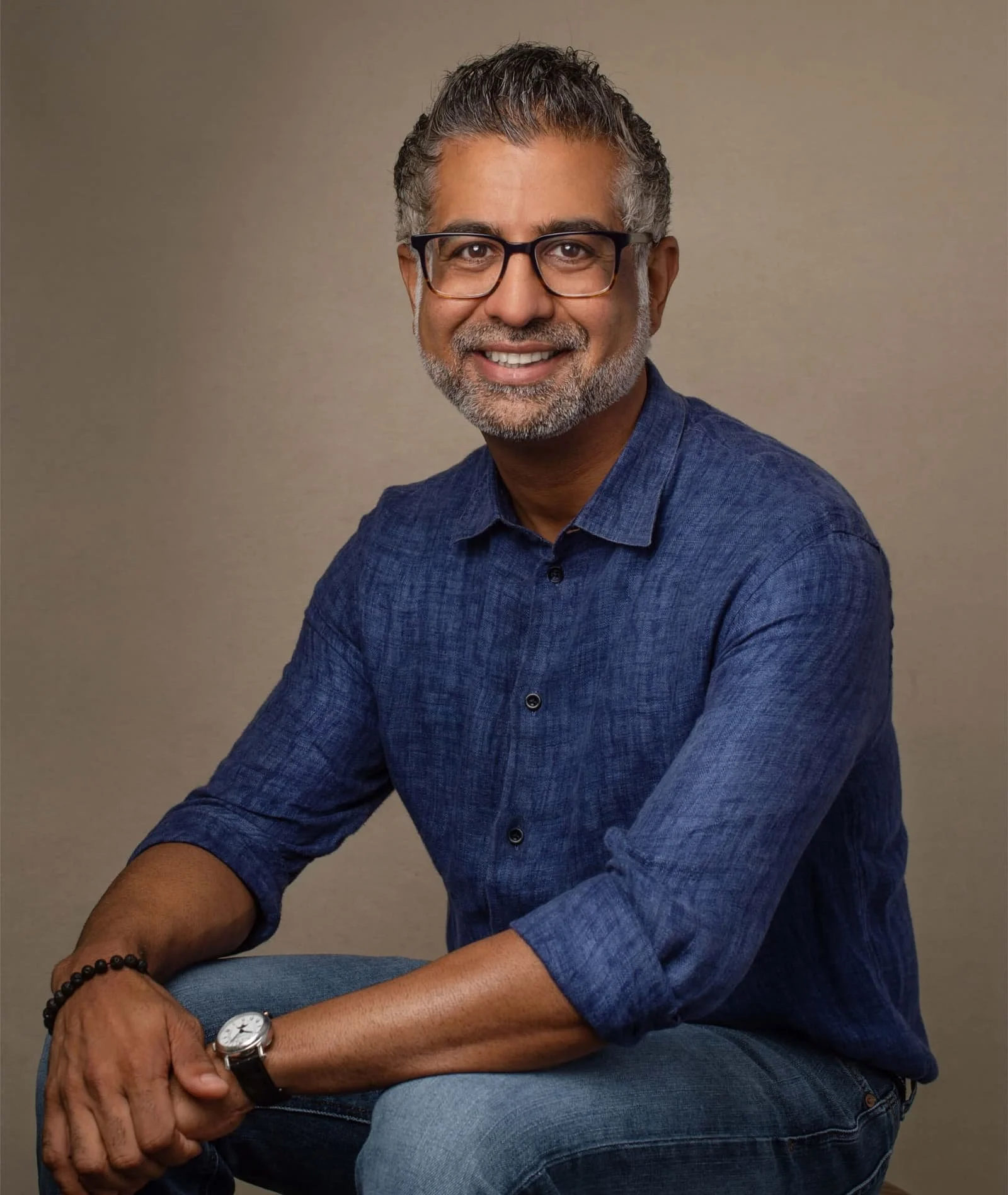Matrimonial Ads Show Caste is Important to Many Indian Americans
Image courtesy Wikimedia Commons
December 7, 2023
“I belong to (a) Gujarati Brahmin family and reside in the US…I am employed as a Computer Engineer for a reputed firm,” says a recent advertisement, by an Indian man seeking a bride, in Desh-Videsh, an online publication.
“Brahmin Girl Age 29…Masters in Healthcare & MBA in Financial engineering” from New York, looking for Gujarati “US Citizen Boys only,” says an ad on Rishtey Ads, an online site.
Such ads, known as matrimonial ads among Indians, are typically placed by relatives seeking to find a husband or wife for someone in their family. The ads, in newspapers as well as online sites, are widely used to arrange weddings in India as well by Indians abroad, including in the United States. In fact, the ads have become an extension of the Indian tradition of arranged marriages, where the parents of a potential husband and wife are introduced to each other by relatives and friends.
On Rishtey, the caste – Brahmin in the example above - is the title of each matrimonial ad. Indeed, caste is prominently listed in most matrimonial ads placed by Indians in the U.S.
Here, for instance, are the headlines of a couple of ads on USA NRI Matrimony, part of Shaadi, a major online matrimonial site in India: “Hindu, Brahmin - Iyengar, New York, seeking a husband”; and “Hindu, Patel - Leva, Florida, seeking a wife”. The USA NRI site, with prices starting at $120 for a three-month premium access, has gotten 4.3 stars from more than 310,000 users.
So, it is indeed strange that some Indian groups are lobbying against policies in the U.S. that seek to restrain caste bias, saying that caste divisions and discrimination do not exist among Indians in the country.
Seattle, Fresno, California and Oregon offer protections against discrimination based on caste. Similarly, several universities, including the 23-campus California State University System, have established caste-based protection policies for students and faculty.
“That Hindus and many South Asians have a ‘caste system’ is one of the most lasting stereotypes we face,” Suhag Shukla, executive director and legal counsel of the Hindu American Foundation, stated in an opinion piece in The Wall Street Journal, in December 2022. “Yet we know caste to be localized to certain communities in South Asia.”
Shukla represents two faculty members who are suing to challenge California State University’s caste-protection policy.
Roughly half of all Hindus in the U.S. identify with a caste group, according to a 2021 survey by the Carnegie Endowment. Also, more than eight in ten Hindus, who identify with a caste, self-identify as belonging to the category of General or upper caste.
Caste is an ancient, abiding, and unique hierarchical Indian social institution upheld by a complex cultural ideology. At the top are the Brahmins, priests and the masters and teachers of sacred knowledge. Next, are the Kshatriyas, the warriors responsible for the protection of the dominion. Then come the Vaishyas, the merchants. The top three, the upper castes, were considered social superiors to the Shudras, the fourth and lowest-ranked, who perform tasks such as the disposal of dead animals.
Supporters of the caste-protection policies in the U.S. include the American Bar Association and some Hindu civil rights groups. They say Indians from lower castes are routinely losing educational, housing and job opportunities when someone from an upper caste learns of their status.
Americans 4 Hindus, a Political Action Committee (PAC), were among the groups who lobbied Governor Gavin Newsom of California against signing a bill providing protections against caste discrimination in the state. The bill was passed near unanimously by the state legislature. The PAC, founded in 2019, supported only Republican candidates till last year.
“They are trying to divide us among different castes and different classes,” Romesh Japra, founder of the PAC told The Washington Post last month. He added that during his 50 years in the U.S., he had never experienced or seen any caste discrimination
Ananya Chakravarti, a Georgetown University history professor and expert on the caste system and who is from an upper caste, told the Post, that the common refrain from wealthy American upper caste Hindus is “a lot like White people standing up and saying they have never experienced race discrimination.”
FOR MORE UNIQUE STORIES ON INDIANS AND INDIA:
For access to stories each week email: gitimescontact@gmail.com
or subscribe via Substack, follow via LINKEDIN or TWITTER or FACEBOOK
(c) All rights reserved. Copyright under United States Laws







